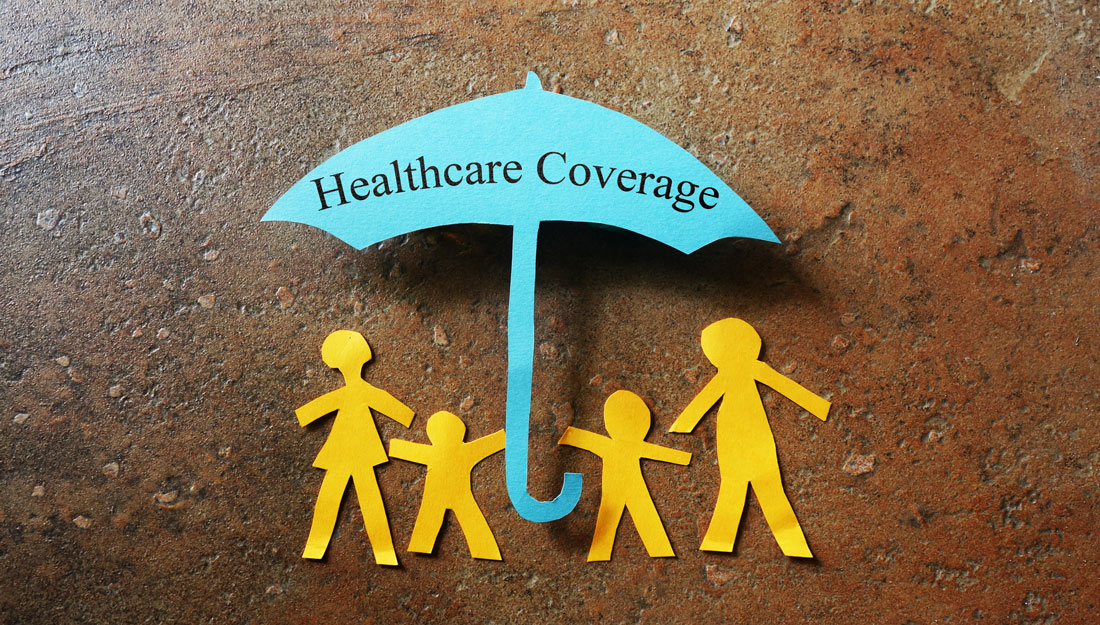- Rae Lynn Mitchell
- Public Health, Research, Show on VR homepage
Affordable Care Act saw no coverage changes during Trump administration
Study shows that despite the shift in administration, the gains in coverage that were documented in 2016 and earlier remained stable in 2017 and 2018

The Affordable Care Act (ACA), a landmark comprehensive health care reform law, was enacted in 2010 and increased insurance coverage nationwide. However, the 2016 election established uncertainty in regard to the ACA when Donald Trump promised to repeal the law if elected.
Benjamin Ukert, PhD, an assistant professor in the Texas A&M University School of Public Health Department of Health Policy and Management, worked with several researchers to study the Trump administration’s effect on the ACA insurance coverage take-up in the first three years of the administration. The study was recently published in the Journal of Health Care Organization, Provision and Financing.
With Donald Trump in the White House and Republicans in control of both chambers of Congress, anticipation of changes to the ACA could have affected consumer choices even before concrete policy actions were taken. Given this GOP majority, Ukert wanted to look at how Americans responded to the likelihood that the ACA would be repealed or replaced. However, despite power shifts after the election, the ACA insurance take-up remained stable even with Trump’s claims of wanting to make changes to the landscape of American health care.
“There was no immediate response from individuals to drop health insurance coverage based on the announced or idealized changes to the Affordable Care Act under the Trump administration,” Ukert said. “This study shows that despite the shift in administration, the gains in coverage that were documented in 2016 and earlier remained stable in 2017 and 2018.” So, despite proposed changes to the Affordable Care Act, overall coverage gains remained intact during the Trump administration.
Looking at the big picture, Ukert said studies like his are important because they analyze and ensure health insurance is actually doing what it promises: providing access to care, reducing the out-of-pocket cost of care and improving health over time.
“Voluntarily or involuntarily we will all be affected by health and health insurance eventually,” Ukert said. “Further understanding of the complex health care landscape in America can be grasped through the work that we present here. This could really motivate people to learn more and look into the health insurance options that are available to them.”
– by Brady Stone
Media contact: media@tamu.edu


